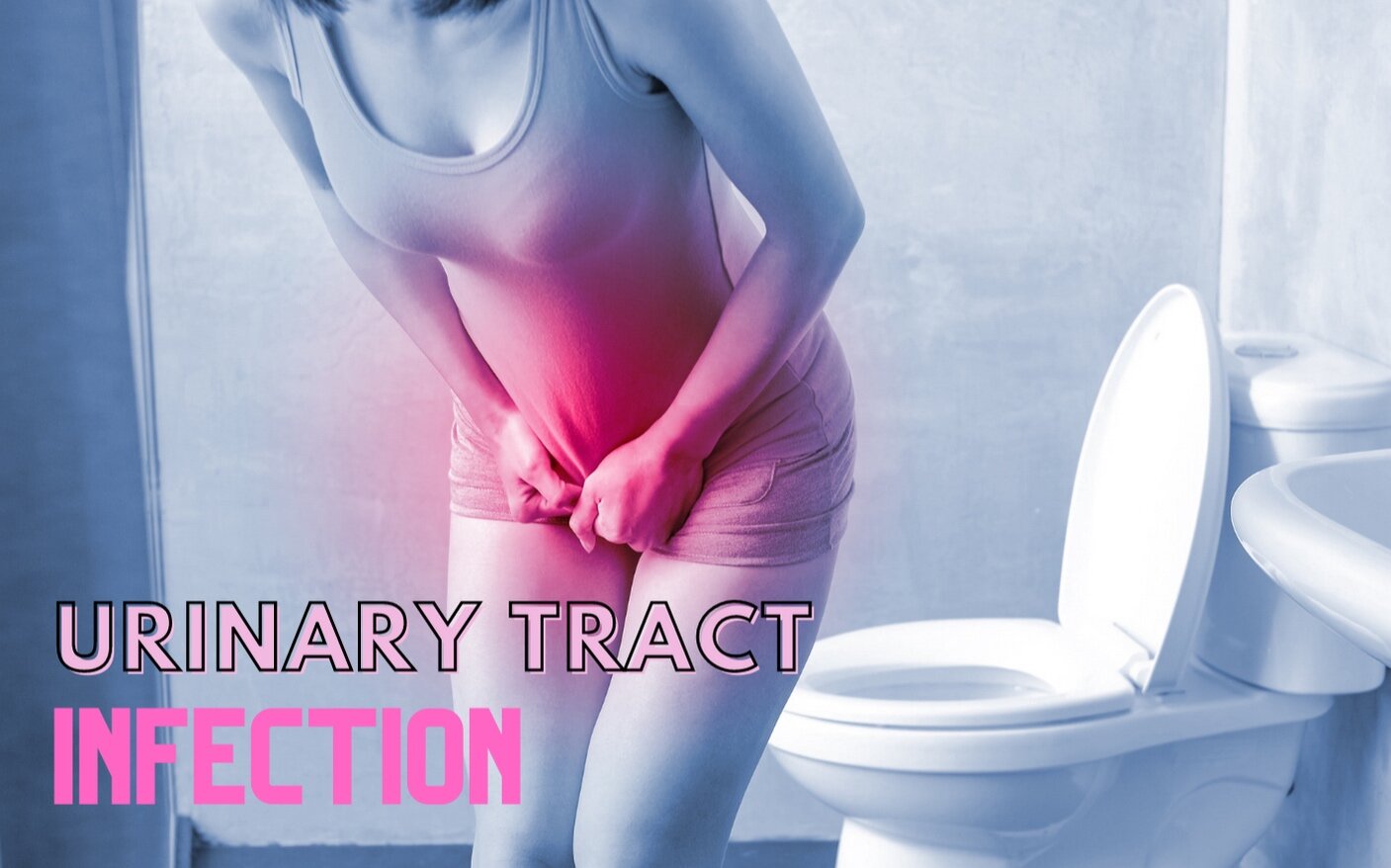Period problems

Period problems
By Dr Nile
HEAVY PAINFUL PERIODS
Your body is incredible and each month it prepares itself for the possibility of growing a baby inside your womb. To do this, approximately every 28 days, your ovaries produce an egg that is released around two weeks after the first day of your period. The ovaries also produce hormones which help to thicken the lining of your womb to allow a fertilised egg to embed into it and start to grow into a foetus and then a baby.
If you are not sexually active or are using effective contraception, the egg will not be fertilised and will be shed along with blood that lines the womb. Your womb is formed of muscle that contracts in order to help push out all of the blood. When this happens, the blood vessels that supply blood to the womb can become compressed and chemicals are released that cause the pain.
Usually your period is heaviest and most painful in the first 1-2 days of your period and then it settles down as most of the blood has been expelled from your womb. Some people use tampons, some use sanitary towels while others have such heavy periods that they need to use both.
For some people, their periods are so heavy that they worry about going out when they are on their period as they experience flooding through their underwear and clothes. This does not necessarily mean that anything is wrong, although in some cases there may be a reason why it is so heavy.
Speak to your GP who can check that there is no underlying cause for the heavy bleeding. Even if there is no underlying concern, it can be difficult to live with the pain and heavy bleeding each month and it may be helpful to see your doctor who can discuss the options available to you such as starting a medication that may reduce the bleeding.
These medications include hormones such as the contraceptive pill, intrauterine device or coil or non-hormonal medications like tranexamic acid. All of these can lighten the periods and even make them less painful.
The pain experienced can often be relieved by taking ibuprofen and/or other painkillers regularly during the most painful days. If this does not relieve the pain enough for you to do your normal activities, your GP can consider giving you stronger pain relief. You can also use a hot water bottle, as the heat on your tummy or lower back helps (make sure you cover it to prevent burning your skin).
Certain conditions can make periods more painful, for example endometriosis, where the lining (or endometrium) is found outside of the womb, or adenomyosis, where the endometrial lining extends into the muscular wall of the womb.
IRREGULAR PERIODS
Periods usually come around once a month but the cycle, or number of days between one period and another, can vary greatly from 21 to 40 days. It’s a good idea to use a tracking app to make a note of your periods so that you know when to expect them and to alert you to any significant changes in your cycle.
It is very common to have irregular periods that vary in cycle length, either much longer or shorter than usual, when you first start having periods and when you are approaching menopause, which is when you stop having periods altogether – this usually occurs around the age of 51.
When you have regular periods, the length and cycle can vary by a few days which is normal but irregular periods can be very short or last a lot longer than usual or the time between periods can vary from days to weeks or even months before the next period and they can be much heavier or much lighter than you are used to.
Irregular periods can be a side effect of certain hormonal contraceptives or be caused by fluctuations in hormone levels, for instance when you are nearing the menopause. It can also be a result of medical conditions such as polycystic ovary syndrome or disorders of the lining of the womb (called the endometrium) or the entrance to the womb (called the cervix), such as polyps or even cancer.
Irregular periods can be a nuisance as they are unpredictable but they should not be ignored as there may be an underlying reason, which your doctor will need to rule out or treat.
MISSED PERIODS
Sometimes, even if you have regular periods, you may skip a period altogether. This can happen for many different reasons. If you are sexually active then it could mean that you are pregnant and you should get a pregnancy test to be sure. Other reasons for missing a period include stress, over exercising, sudden weight loss, obesity and of course menopause.
Our mission is to change the perception of beauty. To change the way young women view themselves and change the way they are viewed by the world around them. Join us on the BeYoutiful journey.





